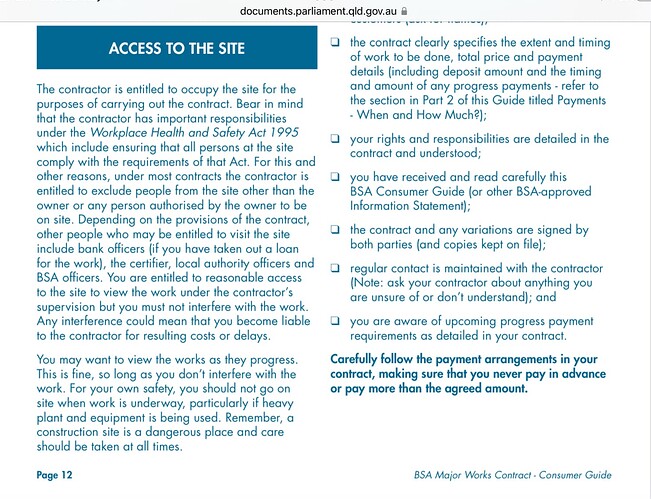After many years of unsecure housing, I finally managed to build my own home and chose Allworth Homes based on their price point and the perceived quality of their builds. The experience was awful. How did you rate your building experience? My issues were:
-
The contract had unfair conditions in it, but I had already invested considerable time and effort and paid a deposit. Allworth assured me everything was ‘standard across the board’, and I did not want to start the process again. I was pressured to sign at the point I was first given the contract, instead of having the opportunity to take it away and have it looked at by someone with experience. I feel this was predatory. I have certainly learnt my lesson the hard way
-
They used my land to store items for their other builds on while I waited five months for them to start my house
-
The first job, clearing the block, blew out the ‘provisional cost’ of soil removal by five grand. This increased to 12 grand incrementally every time I queried them
-
I was only ever given the opportunity to approve one increase in costs, the others were just added to the build without discussion or options
-
The second job, the slab, blew out by several grand also, even though I had was charged for extra surveys. I believe Allworth may deliberately underquote to beat their competitors and secure work, then just increase costs using the provisional cost option in the contract
-
The site supervisor and area manager were rude, aggressive and dismissive when I asked questions. The administration staff mostly ignored my queries, or told me I was ‘repeating myself’ when I had to follow up on issues numerous times. The implication was I was a difficult person for asking questions about build quality, missing items, variations, or blown out costs
-
The general manager told me, as was in my contract, I was not permitted to take my own building inspectors or engineers onto the site to inspect work I felt was of concern
-
The quality of materials in my home was very different, and inferior, to what was implied to me at the point of sale and in the show home
-
Any variations to the build were charged outrageously
-
I was not permitted to have some extras fitted such as a doggie door, or underfloor heating, even though the trades were prepared to do it for an extra charge, Allworth banned them
-
Things were ‘accidently missed’, like the two whirly birds that were delivered, only one was fitted
-
I received an email telling me they had run out of the tiles I had chosen after they were half laid, and would have to choose a different tile for the rest of the house
-
I have had to replace tap handles, door handles and peeling mirrors in a very short period of time. I had to have the painting redone, have door handles fitted straight and my outdoor tiles are laid in a manner that they store water when it rains
-
The area manager cancelled a call out for a broken back door lock even though it was well within the warranty period, his answer when I asked why ‘we have done enough for you, you are not getting anything else’
-
The site supervisor didn’t consider the zero boundary block I was on, and instead of putting the water tank in the back yard first, ended up getting a crane to put in place at a huge extra cost to me
-
I was charged for temporary fencing that wasn’t required
-
When raising my concerns, the general manager threatened to stop the build, knowing full well a mortgage had already been taken out for progress payments
-
My compliance certificate was issued without the officer attending to even look at my completed home
When I complained to Fair Trading, my option was Tribunal. Allworth didn’t bother showing up to negotiate and I was told I simply shouldn’t have signed the contract and I would have to get a lawyer if I wanted to take it any further. Big guy beats little guy again.
Any ideas on how to change the system? Why do builders get away with not guaranteeing their work, even when under warranty? They just refuse to do the right thing and how can you make them? Where else do we go for help? No one seems prepared to take the building industry to task for dodgy work and appalling service, and I have pretty minor concerns compared to some whose houses are falling apart around them like at Mascot Towers. Your thoughts?
- List item
